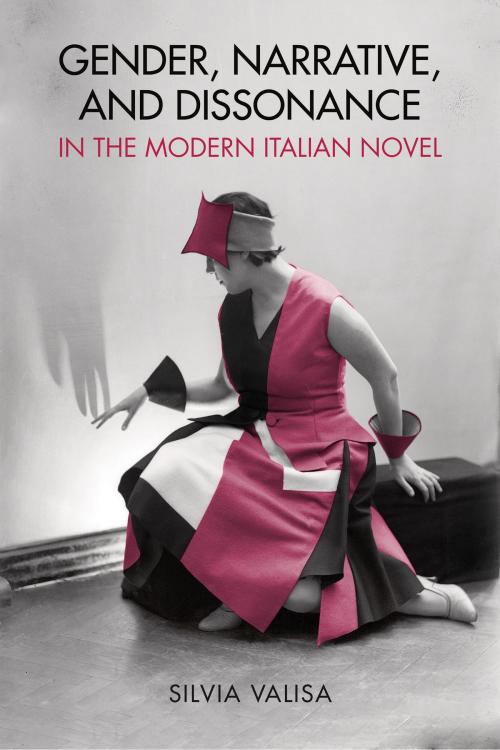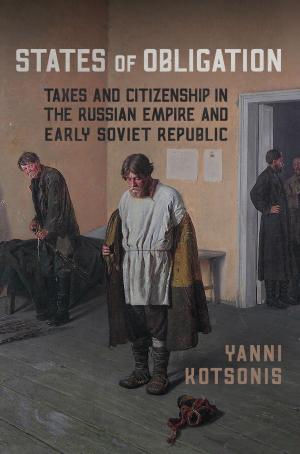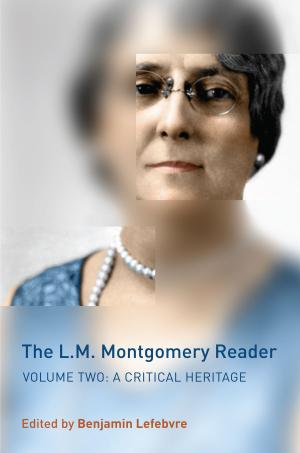Gender, Narrative, and Dissonance in the Modern Italian Novel
Fiction & Literature, Literary Theory & Criticism, European, Italian, Women Authors, Nonfiction, Social & Cultural Studies, Social Science, Gender Studies| Author: | Silvia Valisa | ISBN: | 9781442619760 |
| Publisher: | University of Toronto Press, Scholarly Publishing Division | Publication: | November 5, 2014 |
| Imprint: | Language: | English |
| Author: | Silvia Valisa |
| ISBN: | 9781442619760 |
| Publisher: | University of Toronto Press, Scholarly Publishing Division |
| Publication: | November 5, 2014 |
| Imprint: | |
| Language: | English |
Combining close textual readings with a broad theoretical perspective, Gender, Narrative, and Dissonance in the Modern Italian Novel is a study of the ways in which gender shapes the principal characters and narratives of seven important Italian novels of the nineteenth and twentieth centuries, from Alessandro Manzoni’s I promessi sposi (1827) to Elsa Morante’s Aracoeli (1982).
Silvia Valisa’s innovative approach focuses on the tensions between the characters and the gender ideologies that surround them, and the ways in which this dissonance exposes the ideological and epistemological structures of the modern novel. A provocative account of the intersection between gender, narrative, and epistemology that draws on the work of Georg Lukács, Barbara Spackman, and Teresa de Lauretis, this volume offers an intriguing new approach to investigating the nature of fiction.
Combining close textual readings with a broad theoretical perspective, Gender, Narrative, and Dissonance in the Modern Italian Novel is a study of the ways in which gender shapes the principal characters and narratives of seven important Italian novels of the nineteenth and twentieth centuries, from Alessandro Manzoni’s I promessi sposi (1827) to Elsa Morante’s Aracoeli (1982).
Silvia Valisa’s innovative approach focuses on the tensions between the characters and the gender ideologies that surround them, and the ways in which this dissonance exposes the ideological and epistemological structures of the modern novel. A provocative account of the intersection between gender, narrative, and epistemology that draws on the work of Georg Lukács, Barbara Spackman, and Teresa de Lauretis, this volume offers an intriguing new approach to investigating the nature of fiction.















